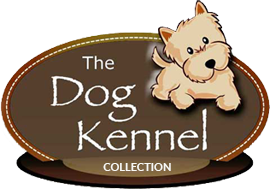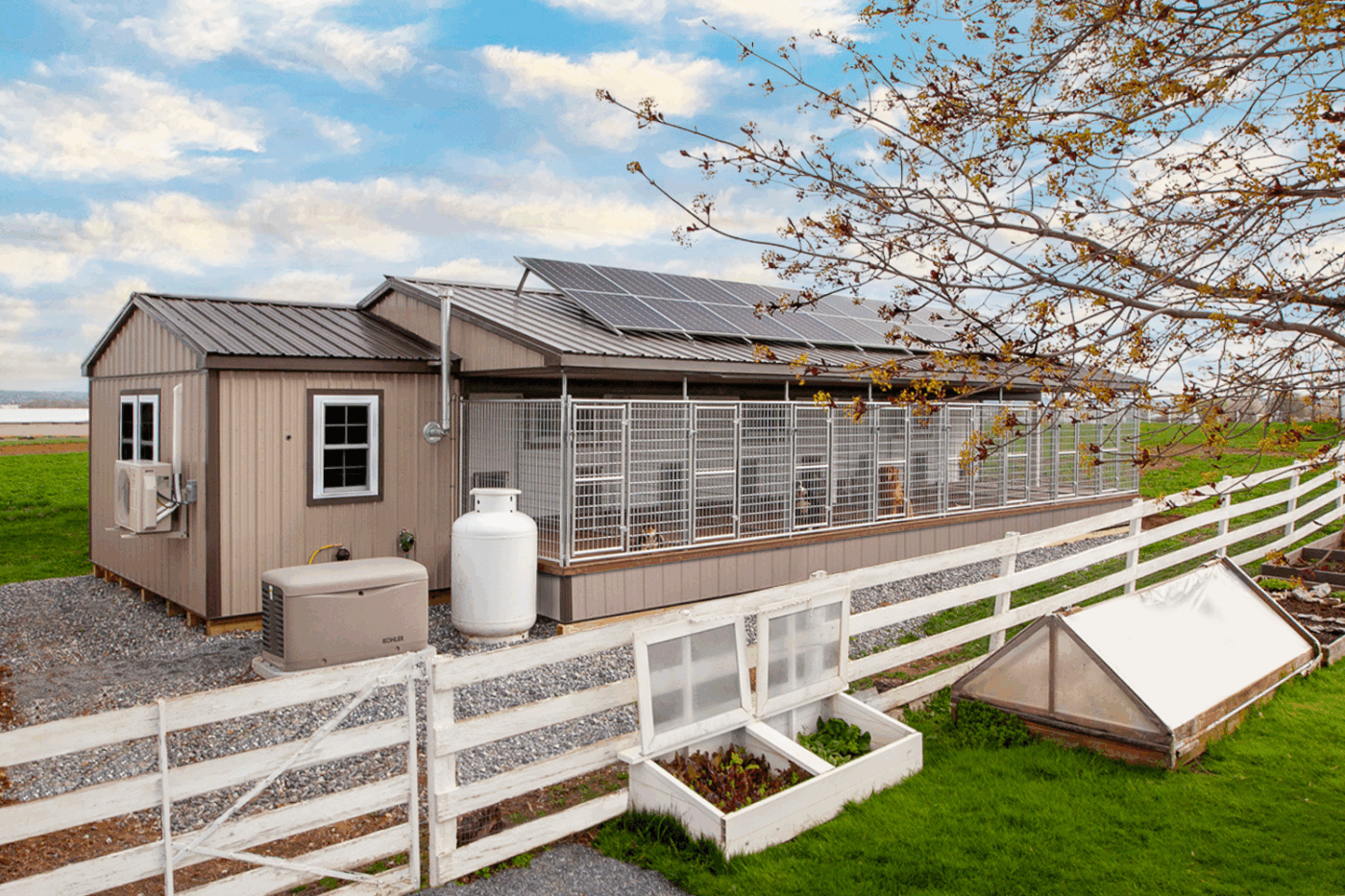
Launching or expanding a commercial dog kennel in North Carolina is an exciting opportunity, but it’s important to know who to contact and what steps to take first. Requirements can vary by city, county, and the type of kennel you run, including boarding, grooming, breeding, and more.
This guide gives you a clear list of contacts across the state and breaks down the essentials for each type of kennel. From local offices to industry-specific rules, you’ll find what you need to move forward with confidence.
Do I Need A Dog Kennel License in North Carolina?
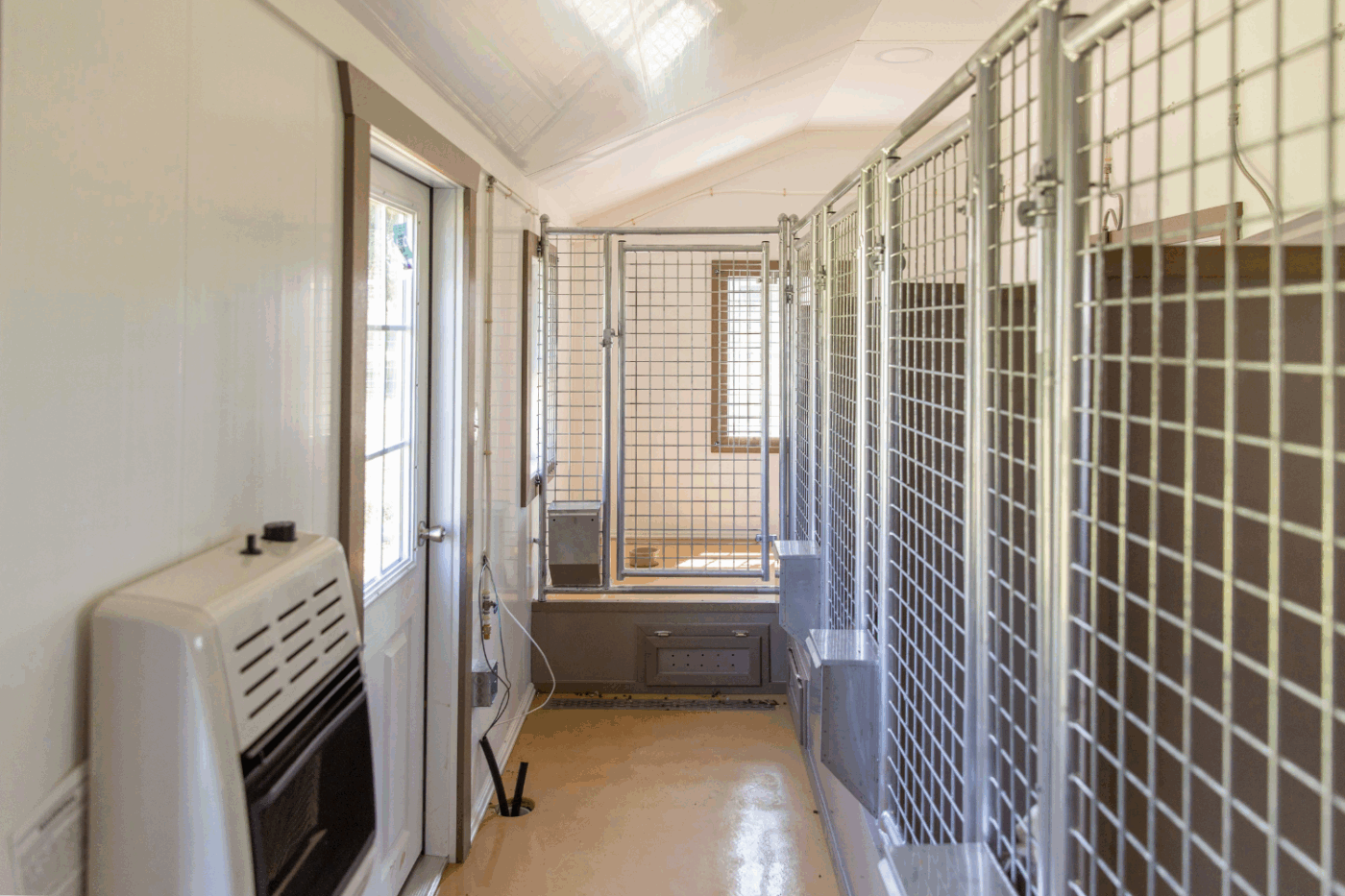
Yes, most commercial dog kennels in North Carolina must be licensed through the North Carolina Department of Agriculture and Consumer Services. This includes kennels that offer boarding, grooming, breeding, or training for a fee.
There is an annual license fee, and new facilities must pass a pre-licensing inspection by the Animal Welfare Section. You’ll also need to check with your local city or county for any additional zoning or permit requirements. For state licensing questions, contact the Animal Welfare Section.
Do You Need An LLC For A Dog Kennel?
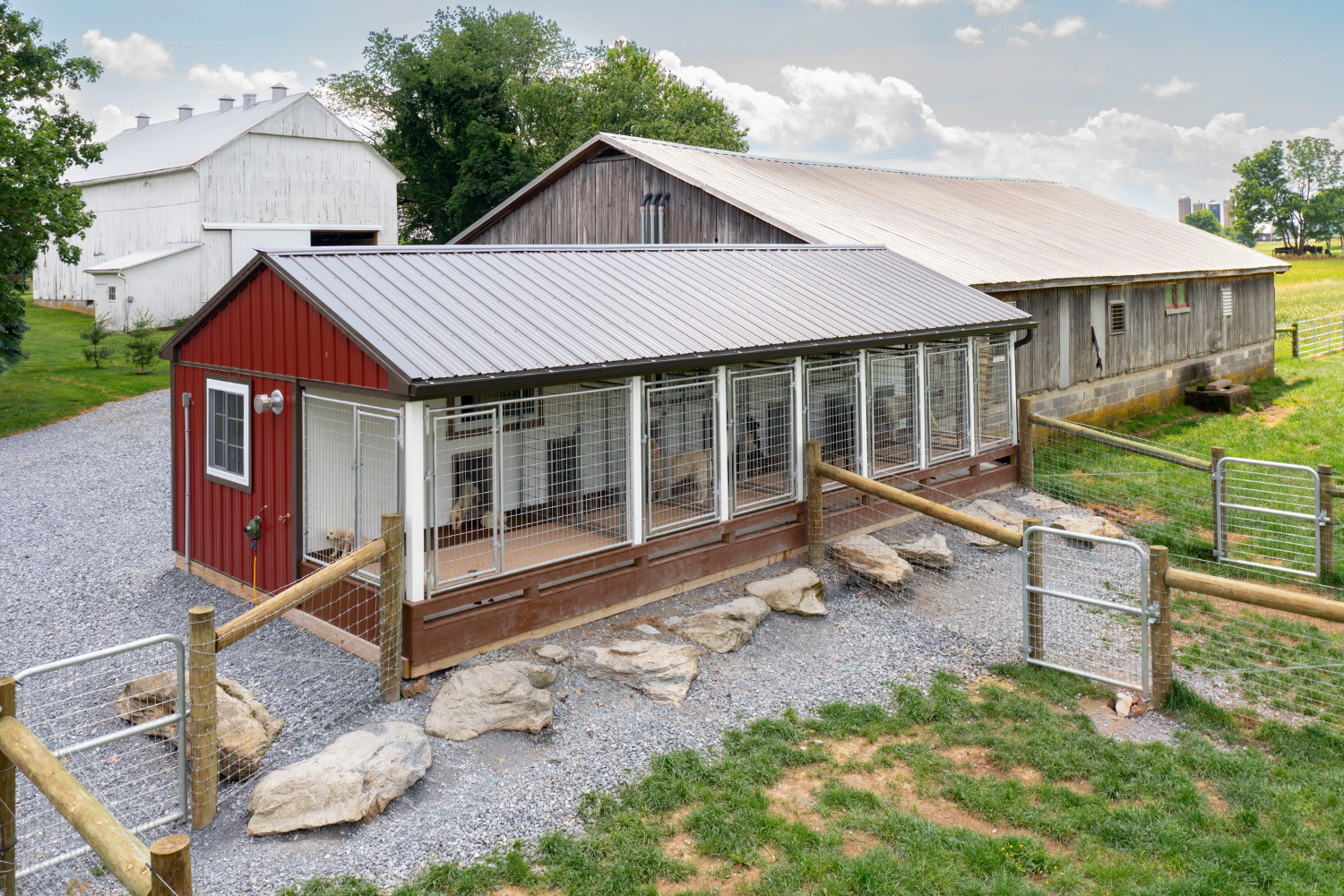
Although registering as an LLC is not required to start a dog kennel business, it offers benefits like limited personal liability in case of business debts or lawsuits. It also helps with opening business bank accounts, securing financing, and building credibility. Setting up an LLC involves filing with your state and obtaining an EIN from the IRS.
How Many Dogs Can You Own in North Carolina?
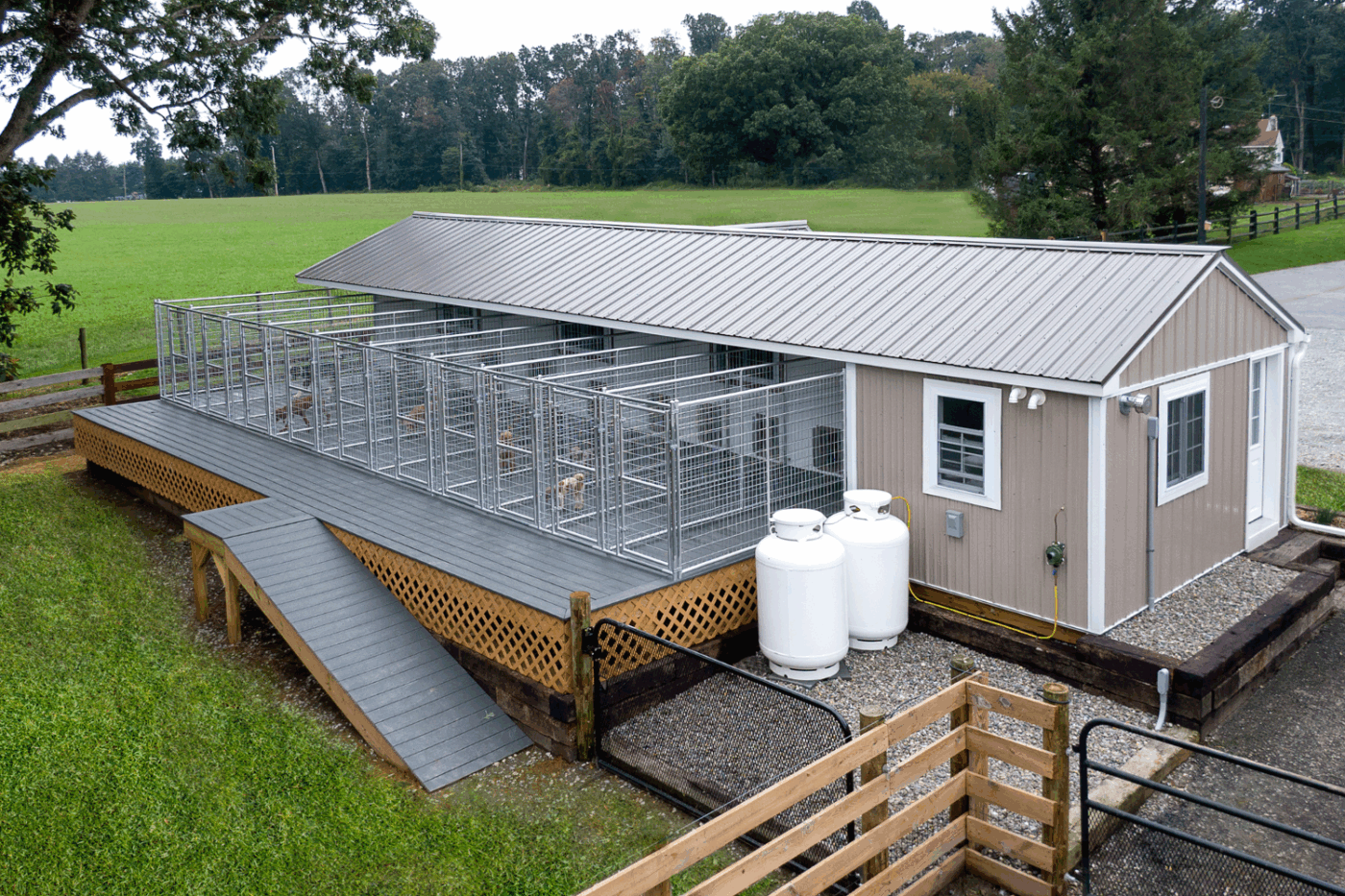
In North Carolina, there is no statewide limit on the number of dogs a person can own. However, local ordinances vary, and many municipalities and counties impose restrictions. Some areas require a special permit for owning three or more dogs, especially if they are frequently outdoors.
It’s essential to check with your local animal control or zoning office to understand the specific regulations in your area. Additionally, all dogs must be licensed, vaccinated against rabies, and kept under control, typically requiring leashes when off the owner’s property.
Dog Kennel Regulations By Industry in North Carolina
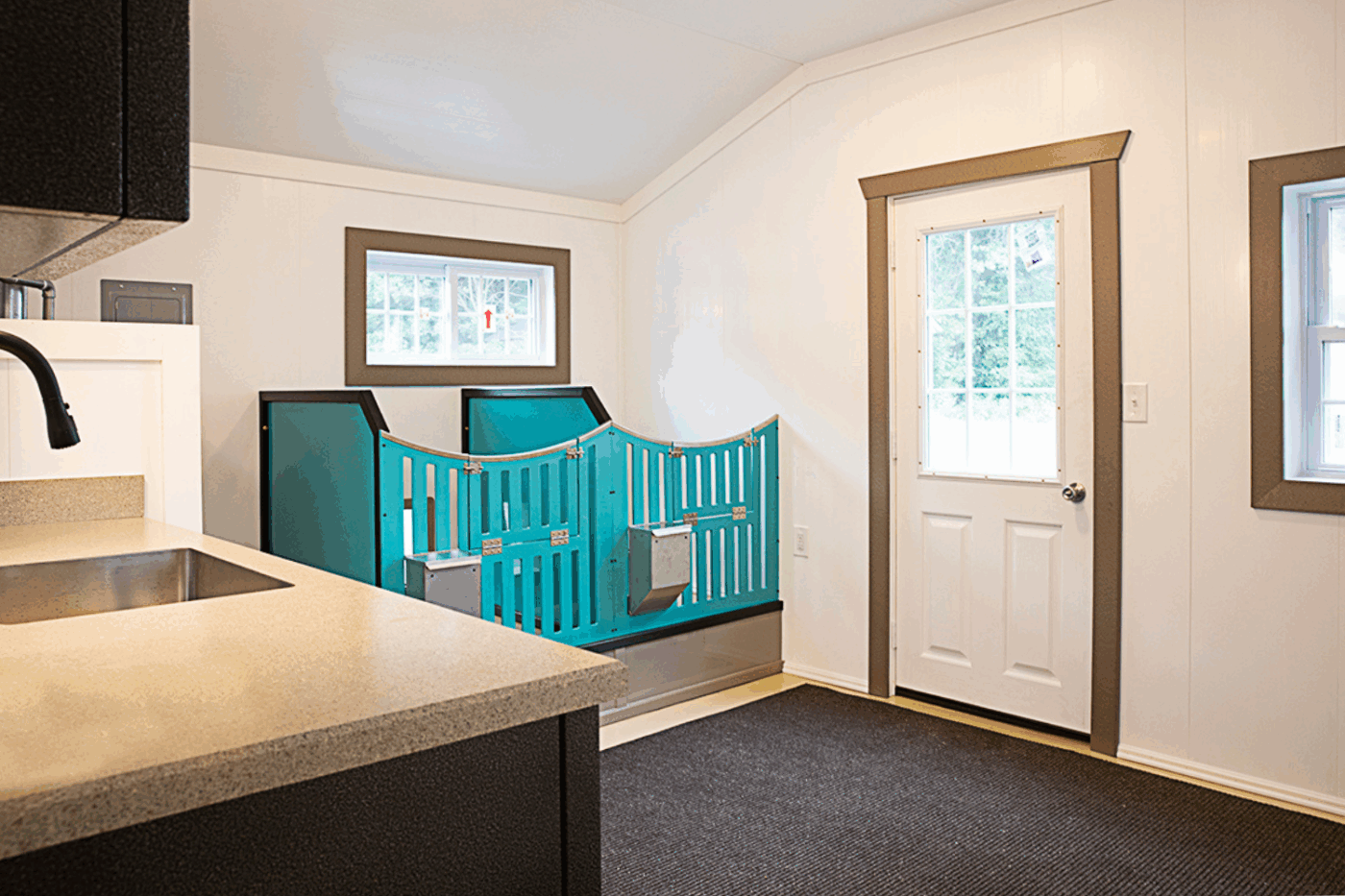
Dog Boarding Regulations in North Carolina
Dog boarding facilities are allowed in North Carolina! Records must be maintained for all dogs, including name and address of the person responsible, description of breed, sex, age, and color markings, veterinary care provided while boarded, and other information. A valid veterinary facility permit and a boarding kennel permit are required. To get started, visit the Practice Facilities page or read the Animal Welfare Act for more information.
Dog Vet Regulations in North Carolina
Similar to boarding facilities, dog veterinary practices must maintain records for all dogs, including name, breed, sex, age, and color markings. Owning a veterinary clinic is not limited to being a veterinarian, but a veterinary facility permit issued by the Board is required. For more information on how to get your veterinary facility permit, read the Practice Act or visit the Practice Facilities page.
Dog Grooming Regulations in North Carolina
In North Carolina, grooming facilities fall under the definition of a boarding kennel in the Animal Welfare Act and must be licensed to operate. Like boarding facilities, you must record each dog treated, including name, owner’s name, breed, and other similar information. While you do not need a certification or license to work as a dog groomer, having one can improve your skills and credibility. Read the Animal Welfare Act for more information.
Dog Shelter Regulations in North Carolina
In North Carolina, animal shelters must keep accurate records for every dog and cat. Records must be updated within 48 hours and include where the animal came from, a description, and the date it arrived. If an animal is adopted, transferred, sold, or dies, the shelter must record what happened, along with names, addresses, and dates. For deaths, the cause and any symptoms must be listed. All medical care must also be documented, including the treatment, medication, dose, schedule, and who gave it. For more information, read the Animal Welfare Section.
Dog Trainer Regulations in North Carolina
Service dog trainers must register each dog they are training with the North Carolina Department of Health and Human Services. Once registered, the dog receives a tag to wear. There is no fee for registration or renewal. Claiming a pet is a service animal when it is not, or using a fake service dog tag, is against the law and can result in a misdemeanor charge. Reach out to the NCDHHS for more information on how to get started.
Dog Breeder Regulations in North Carolina
North Carolina defines commercial breeders as anyone owning more than eleven female dogs used for breeding and selling puppies as pets. Registration is required to be a commercial breeder. For more information, contact the North Carolina Department of Public Safety.
K-9 Dog Facilities in North Carolina
In North Carolina, anyone who wants to work as a drug detection dog handler must be certified through an approved organization. They need to show proof of certification, a DEA registration or application, and five character references. A background check with fingerprints is also required, and the applicant must cover the cost. For more information on how to get started, reach out to the North Carolina Drug Enforcement Agency.
Dog Kennel Laws By City in North Carolina
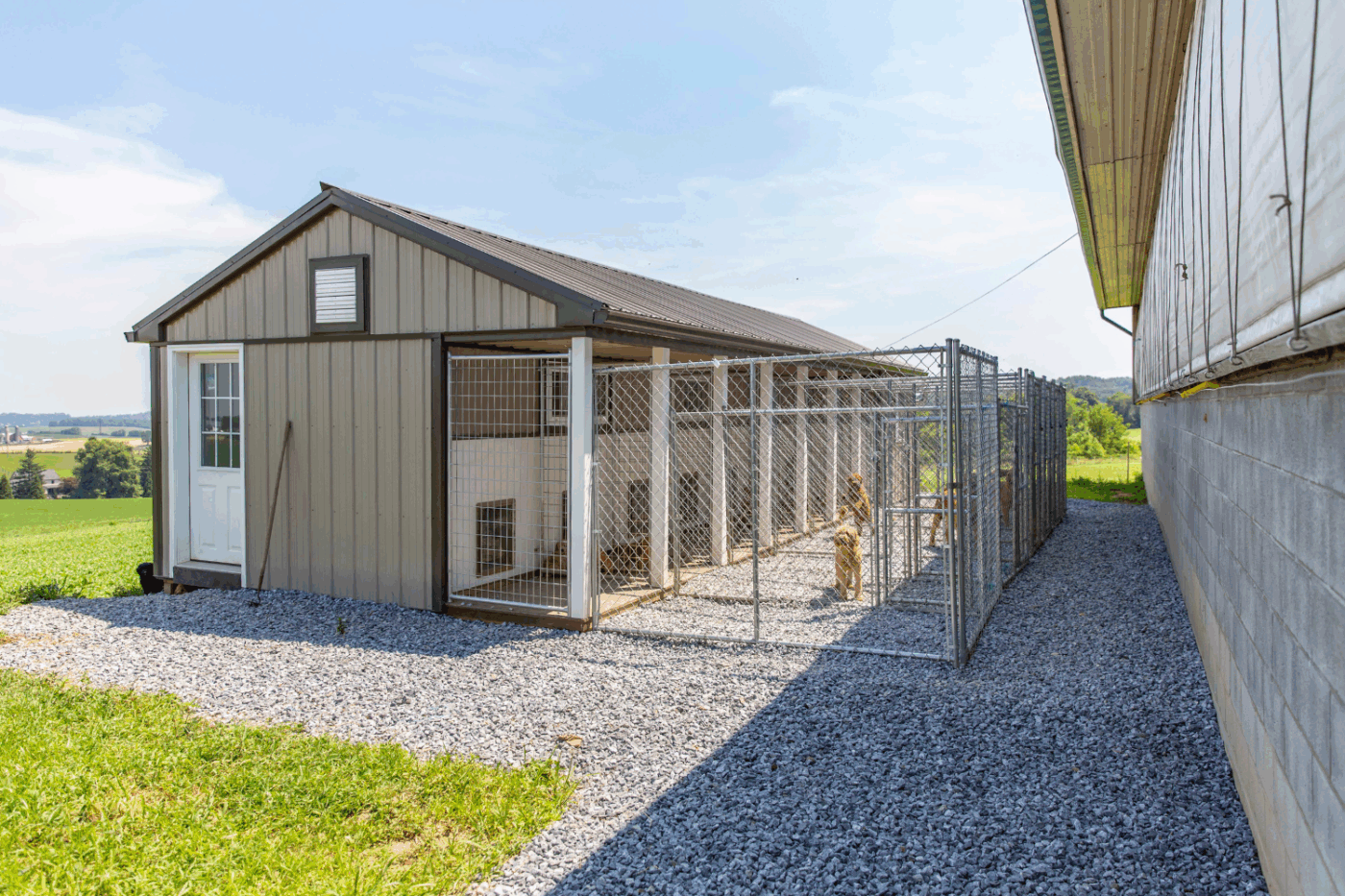
Kennel regulations in North Carolina vary by city and often depend on factors like the number of dogs allowed and the size of the kennel. For accurate and up-to-date information, contact your local planning or zoning department using the details provided in the chart below.
Dog Kennel Laws By County in North Carolina
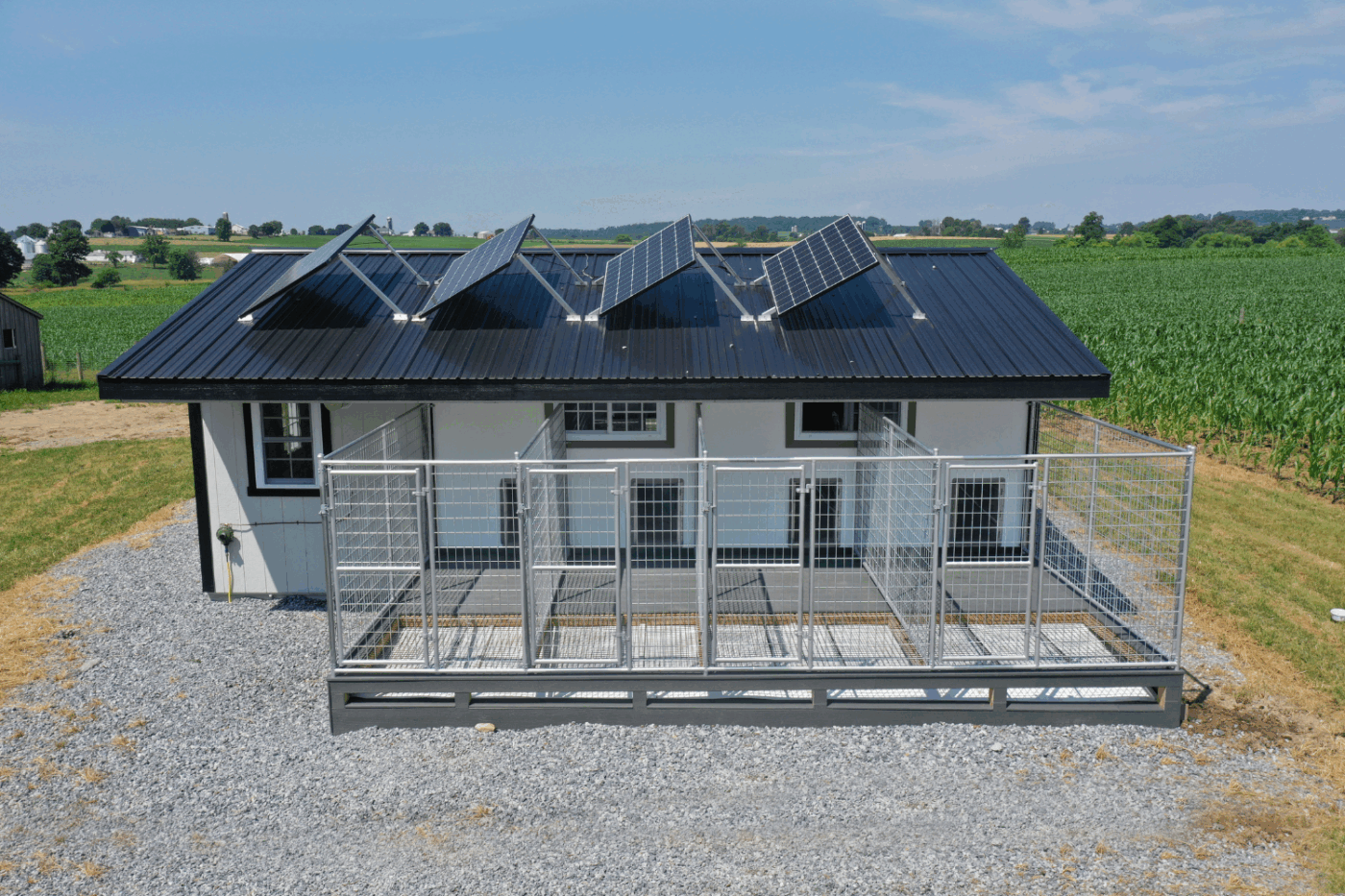
Dog kennel regulations vary by county depending on how many dogs are allowed, how big the kennel can be, kennel placement, and other factors. For the most accurate information, use the link to your county’s planning department for more information on how to get started!
Ready To Get Your Dog Kennel?
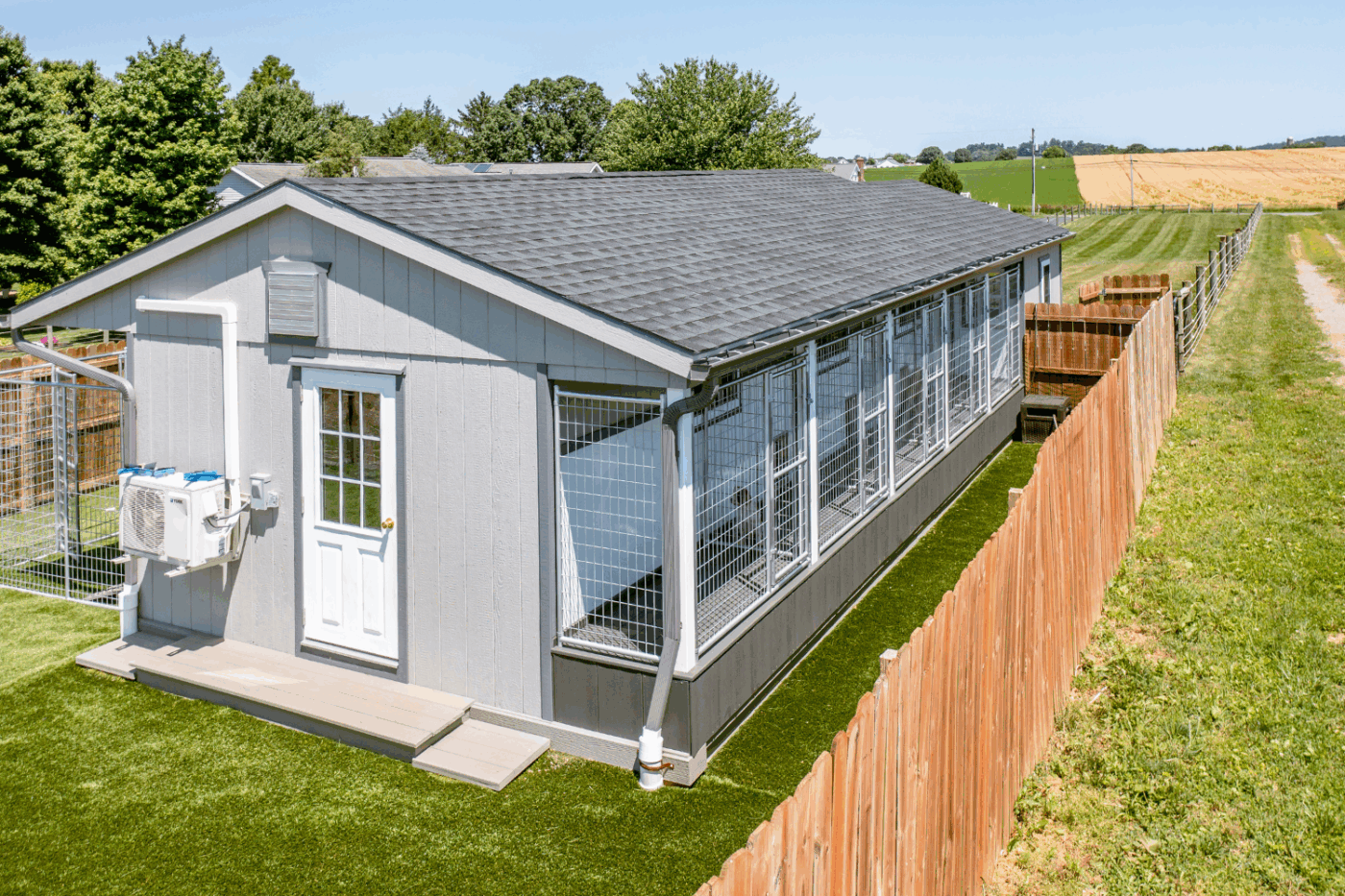
Running a dog kennel in North Carolina is a rewarding way to care for animals and build a successful business, but it’s important to stay compliant with local and state regulations. By understanding your city’s requirements and keeping accurate records, you can create a safe, legal, and welcoming space for dogs.
If you’re ready to get started or need a new building for your business, The Dog Kennel Collection has what you need to meet North Carolina standards and provide a comfortable space for every dog. Request a quote today to begin your dog kennel business!
